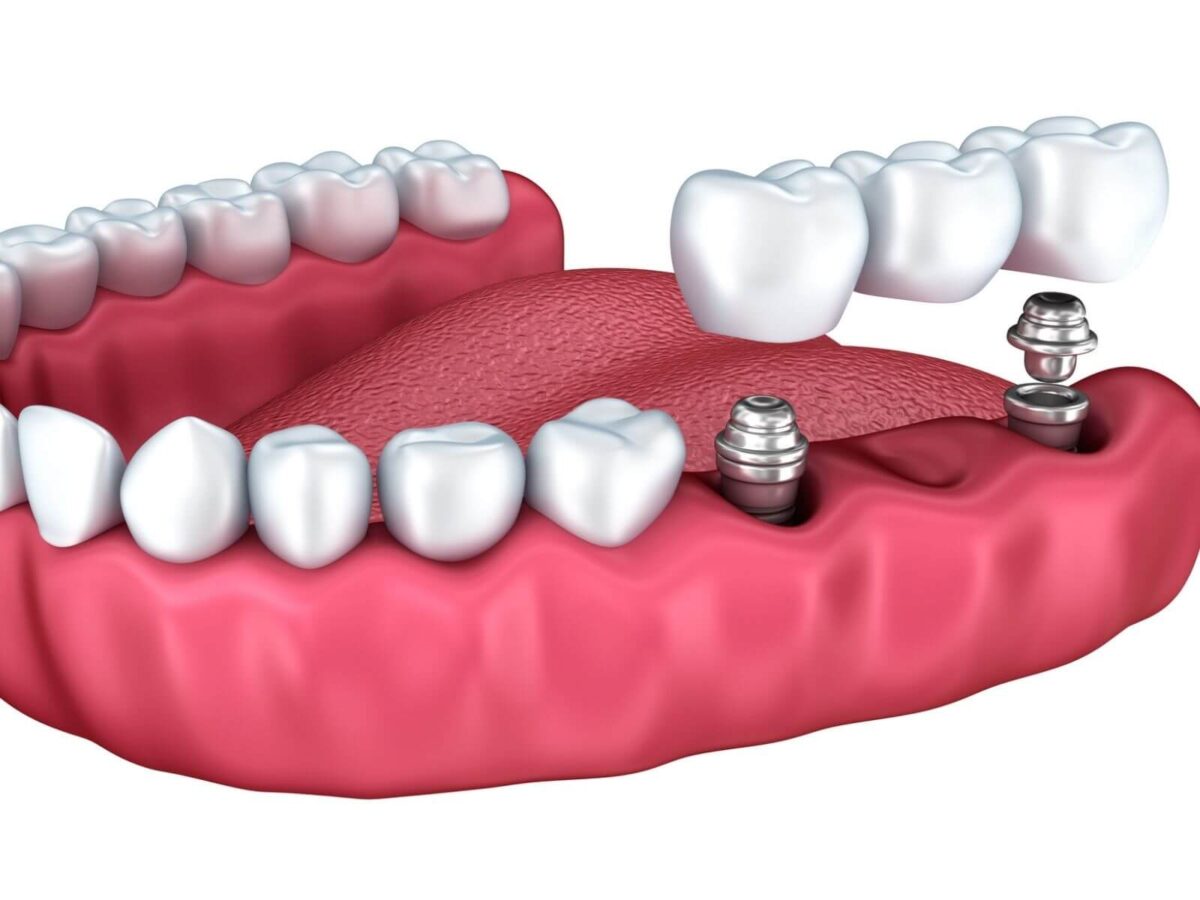Blog
Dental hygiene tips for healthy teeth & gums

Is It Even Possible For Dental Implants To Get Rusty?
Many individuals have thought, “Can my dental implants corrode?” The notion of possessing a rusty object in one’s mouth evokes images similar to a horror film, yet the question is genuine.
Implants are made of metal, and we all know that metal can rust. Sinton Dentist TX suggested these facts to put your mind at ease! Read the blog carefully to understand the concept of dental implant rust and the solution to this problem.
What Are Dental Implants Made Of?
Most tooth implants are made of titanium or titanium alloys. Iron and steel rust, but aluminum and copper do not. It is important to know that when titanium comes into contact with water or air, an oxide layer forms around it to protect it and act as a screen.
Titanium is great for tooth implants because it blends in perfectly with bone. Implants are also made of zirconia, a solid material that is strong and looks good. Titanium and zirconia don’t rust in the wet environment of your mouth.
What About Implants Made of Stainless Steel?
Because Titanium is both new and cheap, it is often mixed up with older materials. It is probably why you’ve heard of implants turning black. When acids and salt are present, stainless steel can rust over time. But these days, dental implants don’t use stainless steel.
Is It Possible for the Mouth to Rust?
Technically, rust is a reddish-brown flaky layer that forms when metal combines with oxygen and water. It doesn’t happen with Titanium, though. Hence, there is very little chance of dental implant rust.
Titanium does not decompose but rather develops a protective oxide layer that wards off further corrosion. Titanium can withstand the constant changes in pH, acids, and saliva in the mouth without dissolving or becoming ineffective.
Things That Might Not Work Well With Dental Implants
Dental implants don’t have to worry about rust. But there are other things to keep an eye out for, as mentioned by Sinton Dentist TX:
1. Infection around the implant
Plaque buildup causes swelling and redness around the device. The implant isn’t hurt, but the bone and muscle around it can get weaker.
2. The quality of implants is not good
If you buy cheap implants from a company you don’t trust, the materials they use might not last as long and won’t rust or wear down as well. Pick a skilled dentist who only uses high-quality implants every time.
3. Not doing enough maintenance
If you don’t take care of your teeth and gums, you could get gum disease, infections, or other problems that could make the implant feel unsteady, not rusty.
How to Keep Your Implants Healthy
If you take good care of your implants, they will last a lifetime. Sinton Dentist TX has mentioned a few tips for increasing the life of your implants.
- Brush and floss your implants every day. Brush your teeth twice daily to keep plaque away!
- Try to steer clear of anything that might irritate the skin around the implant, like rough materials.
- If you keep up with regular cleaning and inspections, your implants will stay in great shape.
- Stay away from hard or sticky foods. Too much pressure or sticky remains can damage the structure or supporting tissue of your implant.
How to Tell If Your Implant Needs Care
Even though implants don’t rust, they can show signs of failing or problems that need to be fixed right away. Watch out for these signs, and if you are having any of these problems, immediately contact Sinton Dentist TX.
- The device is becoming less secure.
- Gums that are bleeding near the implant.
- A taste of metal (this doesn’t happen often).
- Pain or swelling that won’t go away around the implant.
Some Misconceptions About Dental Implants
Here are some myths people have about tooth implants:
- First, “Implants Will Rust Like Metal.” We already talked about how metal doesn’t rust, so this myth is no longer true.
- “Implants Can Trigger Metal Detectors.” You won’t have to worry about tooth implants, though. Most of them are too small and non-magnetic and won’t pass airport security.
- The final argument, “Implants Should Be Frequently Replaced,” states that with great attention, your implants should endure for decades or possibly a lifetime.
Final Verdict: Dental Implants Do Not Rust
In response to your main inquiry, dental implants are impervious to corrosion. Dental implants are fabricated from modern, durable materials like titanium and zirconia. Due to the acidic and moist environment of the mouth, they do not undergo corrosion and possess an extended lifespan.
Now, you don’t have to worry about rusting if you’re thinking about getting tooth implants. Instead, focus on finding a good dentist, taking care of your teeth, and enjoying the confidence that comes with having a beautiful, healthy smile.
Want to know more about dental implant durability? Don’t be afraid to ask Sinton Dentist TX—they’re there to make sure everything goes smoothly!


